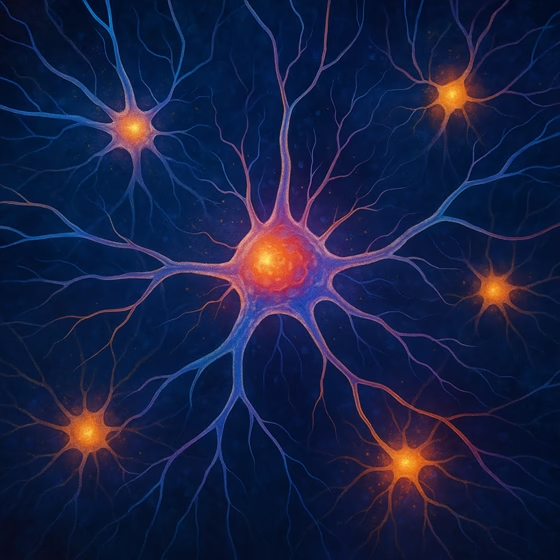SuperAgers: The Brain Secrets of Exceptional Memory
Picture an 85‑year‑old who not only remembers the names of their grade‑school classmates but also learns new languages and beats younger opponents at chess. These remarkable individuals are known as SuperAgers, and scientists are uncovering why their brains seem to defy time. A 25‑year study from Northwestern University’s Mesulam Center has identified key features of SuperAgers, offering insights into how we all might nurture lifelong memory[1].
Who Are SuperAgers?
SuperAgers are people in their 80s and beyond whose memory performance matches—or exceeds—that of adults 30 years younger[1]. They represent only about 10 percent of older adults, yet their success challenges assumptions about inevitable cognitive decline. In memory tests, they recall stories and word lists with ease, showing almost no deterioration over decades of monitoring.

The Science Behind SuperAging
Researchers discovered that SuperAgers’ brains age differently. MRI scans reveal minimal cortical thinning and a thick anterior cingulate cortex, a region involved in attention and motivation[2]. Post‑mortem analyses show they have more von Economo neurons, specialized cells thought to facilitate rapid communication across brain regions, and larger entorhinal neurons, which support memory[1].
In some SuperAgers, amyloid plaques—the protein deposits linked to Alzheimer’s disease—are absent, a phenomenon researchers call resistance. Others have plaques but remain cognitively intact; they’re deemed resilient, suggesting protective mechanisms counteract the pathology[2]. Understanding these mechanisms could lead to new interventions for age‑related diseases.

Lifestyle and Social Factors
Biology isn’t the whole story. Many SuperAgers share certain lifestyle traits:
- Active social lives – They maintain friendships and engage with communities, which stimulates cognitive and emotional centers.
- Physical activity – From daily walks to yoga, movement boosts blood flow to the brain.
- Lifelong learning – Reading, playing music and learning new skills keep neural circuits active.
- Positive outlook – Resilience and a sense of purpose are linked to healthier aging.
Researchers suspect that frequent social interaction and a curious mindset help build “cognitive reserve,” a buffer against decline. Even for those without SuperAger genes, adopting these habits can make a meaningful difference.

Practical Tips for Your Brain
You don’t need to become a SuperAger to benefit from brain‑healthy habits. Try these evidence‑based strategies:
- Stay curious – Learn a new language, instrument or hobby. Challenging your brain builds new connections.
- Exercise regularly – Aim for at least 150 minutes of moderate activity per week. Aerobic exercise promotes neurogenesis.
- Connect socially – Join clubs, volunteer or simply chat with neighbors. Social engagement reduces stress and stimulates cognitive networks.
- Eat a balanced diet – Diets rich in fruits, vegetables, whole grains and healthy fats support brain health. The Mediterranean diet is a good template.
- Get quality sleep – Deep sleep helps consolidate memories and clear metabolic waste from the brain.
- Practice mindfulness – Meditation and breathing exercises lower cortisol, which can harm memory over time.
Conclusion: Memory for a Lifetime
SuperAgers remind us that aging isn’t a one‑way path to decline. Their unique brain structures and active lifestyles provide a blueprint for preserving memory well into our later years. While not everyone will achieve SuperAger status, adopting healthy habits can improve mental sharpness and quality of life. To see how cutting‑edge AI might assist in cognitive tasks, read our article on the GPT‑5 launch and the new AI era. For further research on aging and memory, visit the Mesulam Center for Cognitive Neurology and Alzheimer’s Disease.
Call to Action: Share your favorite brain‑boosting activities in the comments, and subscribe to stay updated on the latest in health and science.
[1] [2] SuperAgers Study Reveals Why Some 80-Year-Olds Stay Sharp | Technology Networks
